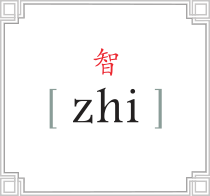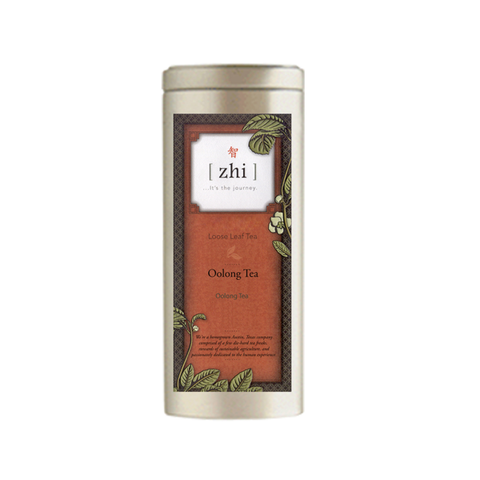Mandarin Orange Oolong
Ingredients: Oolong loose tea leaves* with orangepeel*, calendula* marigold*, and orange* flavor
(*Organic)
We invite you to try our Zhi House Blend Mandarin Orange Oolong, crafted specifically to enhance the intrinsic beauty and flavor of our Shui Xian Oolong loose leaf tea. Orange peel and Calendula marigold petals combine to make a complex, slightly citrus Orange Oolong tea with distinct floral notes.
Mild, yet very crisp and clean, our Mandarin Orange Oolong is not only a conversation starter, it is a conversation enhancer! Expect surprises with this lovely tea.
More about this lovely Orange tea:
Our Shui Xian base is a smooth and round accompaniment in this blend. Slightly less intense and than our Wu Yi oolong, the Shui Xian or Water Fairy has a nice floral undertone and strong body to it that really gives the orange notes a balance in the mid-range but doesn't distract or overpower.
The Mandarin Oolong tea tea has a nice warming and uplifting quality to it. Enjoy the taste of orange without the citric acid content to bother your stomach or palate.
Water: 200°F | Leaves: 1 TBSP per 12 ounce cup | Infusion Time: 3-4 minutes
Basic Steeping Tips
- Use filtered or spring water, whenever possible
- Don’t overboil water
- Remove leaves after recommended time (adjust to taste)
- If you want stronger tea, use more leaves instead of steeping for a longer time
Leaves can be resteeped 2-3 times resulting in various flavor differences. Don’t throw out those leaves until they have given it all up!
Polyphenol in oolong tea is effective in controlling weight. It activates the enzyme that is responsible for dissolving triglycerides. Studies have confirmed that a 2-3 cup per day intake of oolong tea contributes to enhancing the function of fat metabolism and controlling obesity.
The history of tea in China is long and complex. The Chinese have enjoyed tea for millennia. Scholars hailed the brew as a cure for a variety of ailments; the nobility considered the consumption of good tea as a mark of their status, and the common people simply enjoyed its flavor.
Tea was first discovered by the Chinese Emperor Shennong in 2737 BC. It is said that the emperor liked his drinking water boiled before he drank it so it would be clean, so that is what his servants did. One day, on a trip to a distant region, he and his army stopped to rest. A servant began boiling water for him to drink, and a dead leaf from the wild tea bush fell into the water. It turned a brownish color, but it was unnoticed and presented to the emperor anyway. The emperor drank it and found it very refreshing, and cha (tea) was born.












